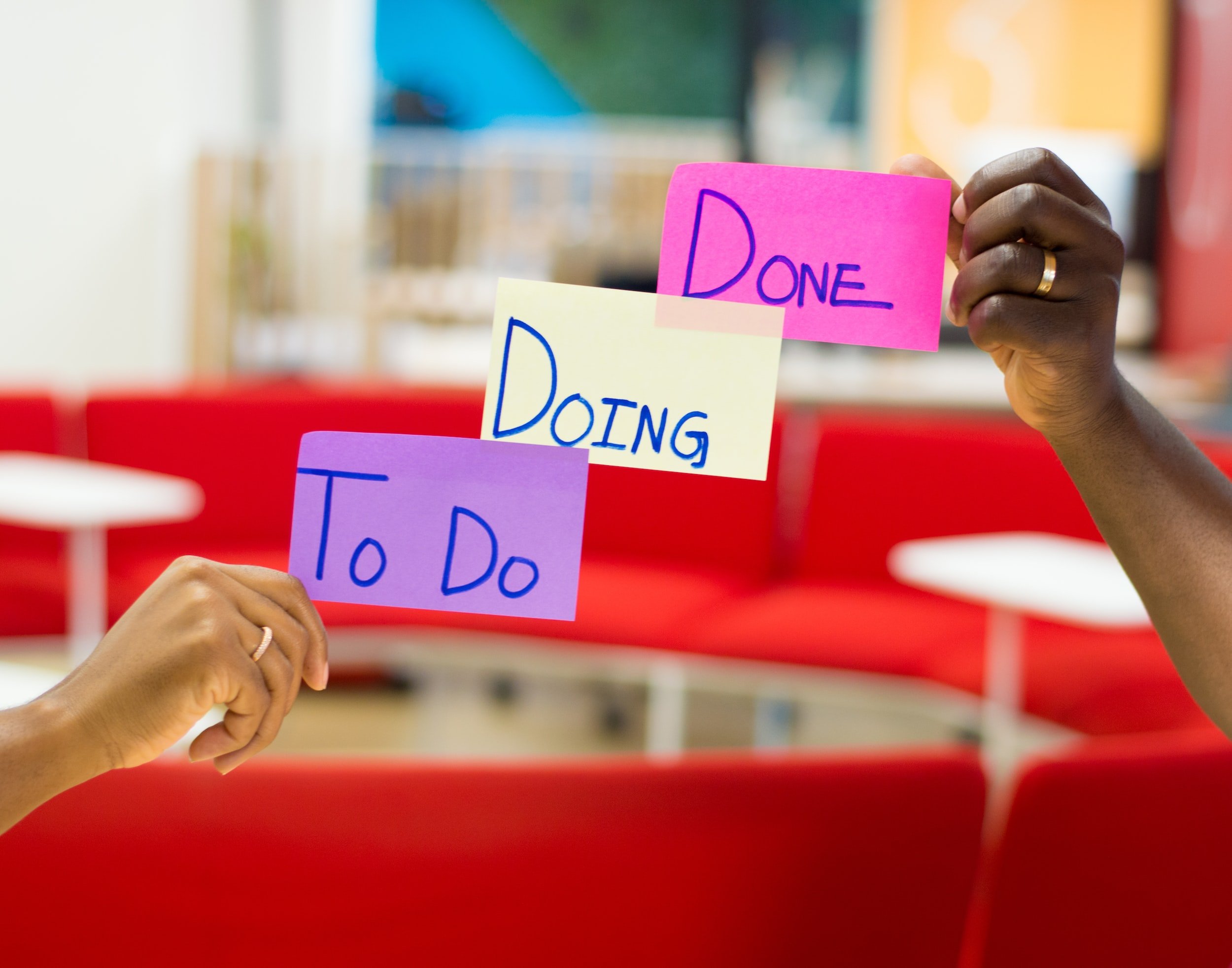Collaborative Writing: Ten Top Tips
By Dr. Helen Kara
We're pleased to have this guest post from Dr. Helen Kara, SAGE author and regular contributor to Methodspace.
I last wrote about collaborative writing in February 2016 when I was having a crazy year of writing – much like this year. Since you ask, this year’s output is scheduled to be six books and five journal articles. Most of the books and journal articles are collaborations, and I’m also co-editing a book series. I love the variety: this year I’m collaborating with forensic scientists, education researchers, an anthropologist working in a sociology department, geographers, and comics professors. This enriches my professional life, as well as enabling me to produce far more work than I could do alone. (Though it is a bit hectic. I’m definitely planning to do less writing next year. But then I said that in 2016, too…)
I thought it might be useful to share some of the key things I’ve learned from collaborating across different disciplines and in different ways.
You don’t need to be co-located to collaborate. I’m located in the UK. I’ve co-written a book with my good friend Janet Salmons who is based in the US, and the comics professors I’m working with are in Australia. Email and VOIP (Skype, Google Hangouts etc) make collaboration possible across distances and time zones.
Collaborations of two are easier to manage than group collaborations – but group collaborations can result in richer outcomes.
Regardless of how many people are in a collaboration, time spent figuring out how to work together is never wasted. If you don’t do this, you can end up in conflict, which is best avoided.
In a group collaboration, such as to write a book or a professional document, it is sensible to agree on a format for each chapter or section before you start drafting. Different people may have very different ideas about structure. If you don’t agree on a format you risk ending up with chapters of very different lengths and structures which will leave you with a lot of work to do at the editing stage.
To decide on hard deadlines such as publishing contracts, think about how long you’re likely to need then add some time for contingencies. With a collaboration there are more people in whose lives things can go wrong – and they do, and those people who are affected need time to deal with their difficulties.
If you have a problem that is going to get in the way of your collaborative work, let your collaborator(s) know at the earliest opportunity.
If you’re in several collaborations, find a way to keep track so you don’t inadvertently miss deadlines or otherwise fail to meet your obligations.
Be willing to compromise and/or be outvoted. If you want to have everything your own way, work alone.
When your collaborators give you feedback on your work, accept it gracefully even if you don’t feel at all thankful. Always respond positively, or at least politely, or at worst diplomatically. In collaborative work your relationships are more important than being right.
When you’ve finished: celebrate!


















Michelle Boyd answers a question about taking small steps to make progress on a large writing project.